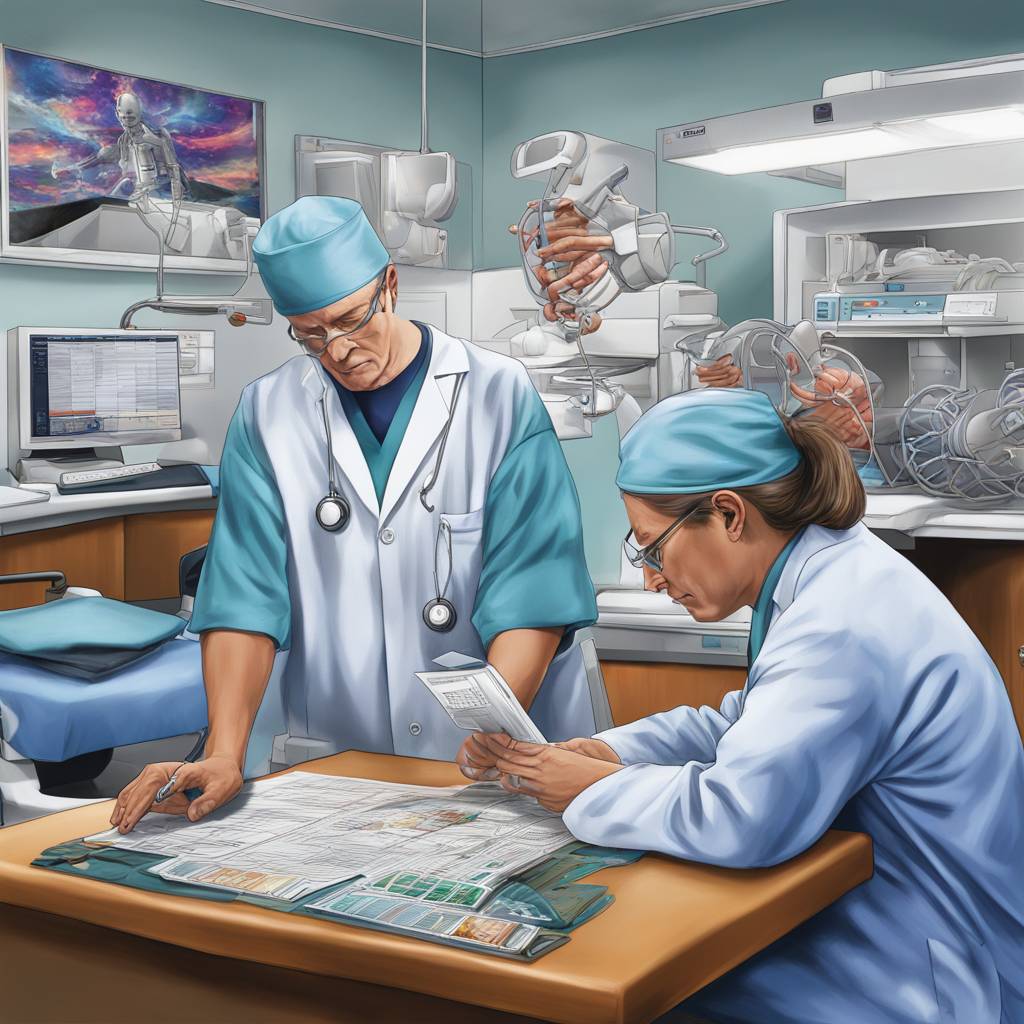In a recent study conducted at Beth Israel Deaconess Medical Center (BIDMC), scientists compared the clinical reasoning capabilities of a large language model (LLM) with those of human physicians. The researchers used the revised-IDEA (r-IDEA) score, a tool commonly used to assess clinical reasoning, to evaluate the diagnostic capabilities of a GPT-4 powered chatbot, 21 attending physicians, and 18 resident physicians. Surprisingly, the chatbot emerged with the highest r-IDEA scores, indicating strong diagnostic reasoning abilities. However, the study also highlighted that the chatbot made significant mistakes, reinforcing the idea that AI systems like these are best utilized as tools to complement rather than replace a physician’s diagnostic capabilities.
Lead author of the study, Stephanie Cabral, M.D., emphasized the need for further research to determine the most effective integration of LLMs into clinical practice. She suggested that these AI-powered systems could potentially serve as checkpoints to help physicians avoid overlooking critical information. While the study revealed the chatbot’s sound reasoning abilities, it also underscored the importance of human clinical intuition and reasoning, which are difficult to replicate by AI systems. Therefore, tools like these can offer valuable support to physicians in processing large amounts of clinical data efficiently, potentially saving time in the diagnostic process.
Many organizations are exploring the use of AI-powered technologies to augment clinical workflows and enhance physician efficiency. For instance, artificial intelligence-driven scribing tools are helping physicians complete clinical documentation more effectively using natural language processing. Enterprise search tools integrated with electronic medical record systems are assisting physicians in searching vast amounts of data, promoting data interoperability, and enabling quicker insights on patient data. Additionally, emerging tools in radiology and dermatology can offer preliminary diagnoses based on analyses of uploaded photos, showcasing the potential benefits of AI in clinical practice.
Despite the progress in AI technology, there is still much work to be done before these systems are ready for clinical diagnostics. It is crucial to prioritize the integration of AI to support clinical workflows while maintaining the oversight of human healthcare professionals to ensure safety, security, and accuracy in patient care. The current landscape suggests that AI systems can serve as valuable tools in enhancing the efficiency of healthcare delivery, but they are not yet prepared to entirely replace the expertise and judgment of physicians. Moving forward, continued research and collaboration between AI developers and healthcare providers will be essential to maximize the benefits of AI technology in the medical field.













